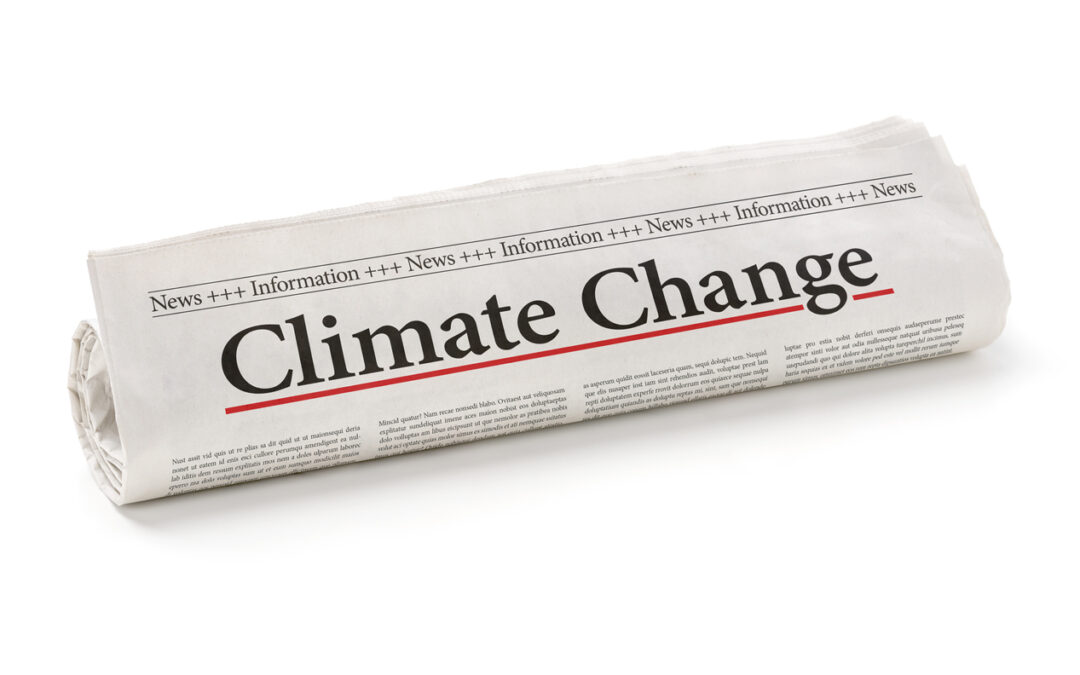A roundup of climate policy stories from the past week:
The world is likely to face major disruption to food supplies well before temperatures rise by the 1.5C target, the president of the UN’s desertification conference has warned, as the impacts of the climate crisis combine with water scarcity and poor farming practices to threaten global agriculture. (click here for the full story)
The US energy department has announced it is awarding up to $1.2bn to two projects to remove carbon dioxide from the air directly, a fledgling technology that some climate experts worry will distract and undermine efforts to phase out fossil fuels. The process, known as direct air capture, does not yet exist on a meaningful scale, and the move was being seen as the US government taking a big bet coming after July was confirmed as the hottest month ever recorded on its surface. (click here for the full story)
The oceans have hit their hottest-ever recorded temperature as they soak up warmth from climate change, with dire implications for our planet’s health. The average daily global sea surface temperature beat a 2016 record this week, according to the EU’s climate change service Copernicus. It reached 20.96C (69.73F) – far above the average for this time of year. Oceans are a vital climate regulator. They soak up heat, produce half of Earth’s oxygen and drive weather patterns. (click here for the full story)
The Biden administration plans to announce on Wednesday a new federal system to track heat-related illness nationwide and is considering additional measures amid pressure to do more to help Americans deal with crippling summer heat, according to White House officials. (click here for the full story)
Countries have spent decades building critical infrastructure that is now buckling under extreme heat, wildfires, and floods, laying bare just how unprepared the world’s energy and transportation systems are to withstand the volatility of climate change. These vulnerabilities have been on full display in recent weeks as record-breaking temperatures broil the world, straining power grids, threatening water supplies, and warping roads. July was the hottest month ever recorded—according to the Copernicus Climate Change Service—with intense heat searing Europe, North Africa, Antarctica, and South America, where it is currently winter. Even the world’s oceans haven’t been spared, with all-time high surface temperatures in the Mediterranean and North Atlantic decimating coral reef systems and threatening marine life. (click here for the full story)
Even in Antarctica — one of the most remote and desolate places on Earth — scientists say they are finding shattered temperature records and an increase in the size and number of wacky weather events. (click here for the full story)
An insidious form of climate denial is festering in the Republican Party. The GOP’s only “climate policy” is actually bad for the environment. The plan calls for shredding regulations to curb greenhouse gas pollution from cars, oil and gas wells, and power plants, dismantling almost every clean energy program in the federal government, and boosting the production of fossil fuels — the burning of which is the chief cause of planetary warming. (click here for the full story)
While the world watched in horror as Maui burned, Florida educators were busy adopting a new climate-change curriculum that minimizes teaching about the dangers of global warming and distorts scientific information. (click here for the full story)
As the Earth’s temperature continues to rise, fueling more intense storms and extreme weather, scientists are calling for immediate action to address climate change. However, climate change remains a lower priority for some Americans, and a subset of the public rejects that it’s happening at all. To better understand the perspectives of those who see less urgency to address climate change, Pew Research Center conducted in-depth interviews with 32 U.S. adults who hold this view, including some who do not believe there’s evidence that the Earth is warming. Unlike much of our work on climate change, these interviews are not representative of all U.S. adults; rather, they are designed to provide deeper insight into the motivations and views of those most skeptical about climate change. (click here for the full story)

